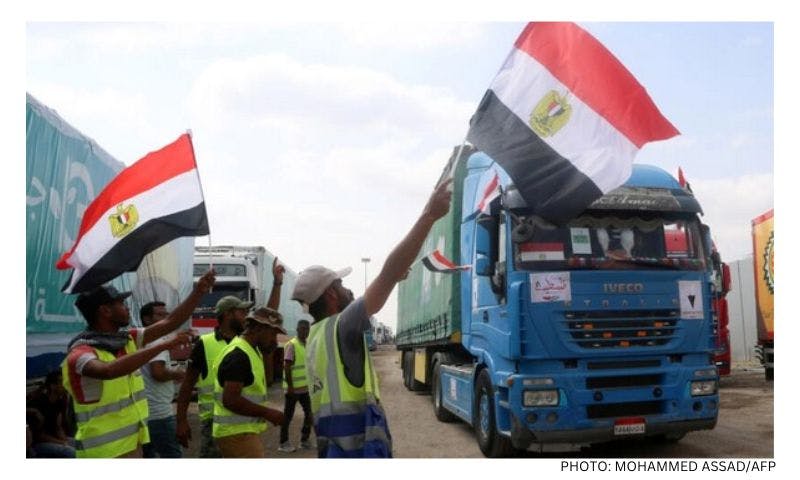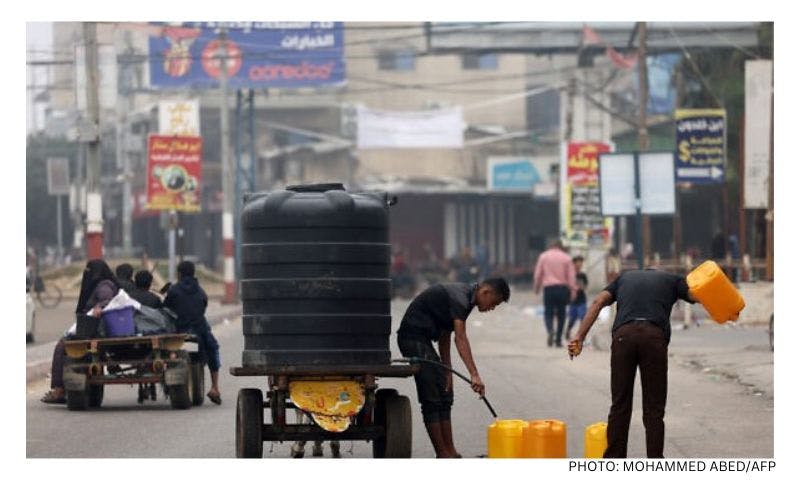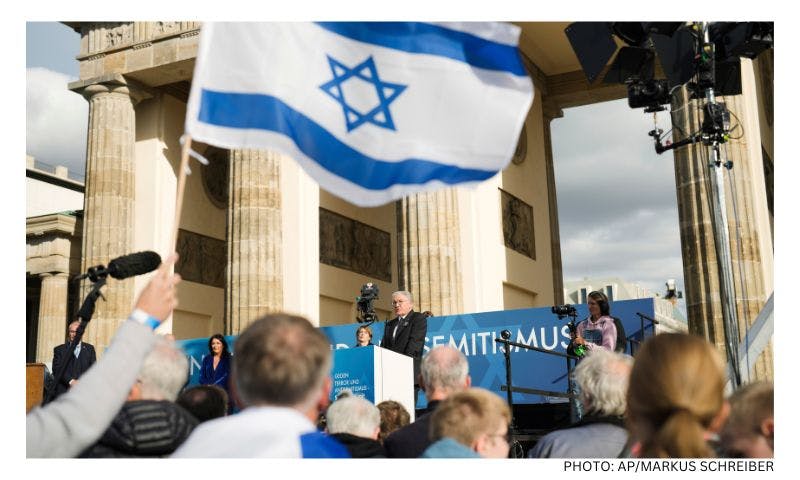Published: 6 September 2016
Last updated: 4 March 2024
The documentary, about economic inequality in Israel, was seen by over 1.5 million Israelis on television last year and has attracted some controversy in Australia prior to even being screened by the refusal of The Maccabean, a newspaper in the West Australian Jewish community, to carry an ad for its Perth screening.
Magesh Hakesef is a series of three one-hour documentaries based on economic analysis. The tagline of the documentary is: “The powerful wake-up call to fight those who are plundering the country. How do 20 tycoons control Israel’s economy? How did Israel go from being a highly egalitarian society to an unequal one in 30 years?”
The presenters, thought leaders in economics, journalism and history, argue that Israel’s social and economic policies are harming Israelis greatly.
NIF Australia, which organised the event, says it has signed up 150 new members in just over a week, and now has a national membership of over 1500.
Attendees at the Sydney event also heard a speech from Boaz Rakocz, who is here as a guest of NIF Australia. Rakocz is currently working as a consultant for NIF and is also developing an initiative titled ‘The Whistle’ to monitor bias and misinformation in Israeli media.
Rakocz, who served in the IDF for eight years and is currently a Battalion Commander (Lt. Colonel) in the reserves, has an impressive resume in Israeli social activism, most notably as the founding Director General of the Knesset Social Guard, a nonpartisan NGO dedicated to democracy through civic participation in government and the advancement of social-economic legislative changes.
In a wide-ranging Q&A session after the screening, Rakocz said NIF had been ‘brave and wise’ to fund the documentary, something which would not have been possible before the Summer of 2011, which he described as a major turning point for social activism in Israel.
“Following the Arab Spring and the events that unfolded around it, there was an awakening amongst Israelis that we needed a new ethos of social service where we take care of those less fortunate such as the homeless and the elderly. There was also a growing awareness that governments weren’t going to do anything – they were going to keep on doing what they’ve always done without any real mechanisms for social change,” Rakocz said.
Since 2011, economic disparity and injustice has become the dominating discourse among the majority of Israeli citizens, even more than foreign relations and security.
Rakocz said there had plenty of expected criticism levelled at organisers from the government and those on the right such as, “they just want cheap housing, education and other government hand-outs”, much like the criticisms of the Occupy Wall Street movement in the US. However, what was different was the activism for change within the institution of government itself.
In some ways it is telling that there is no Hebrew word for accountability, Rakocz said. “We wanted the government to be held to account so the Social Guard forced it to allow citizens into previously closed committee meetings on issues such as housing, employment, and education.”
One of the biggest targets of organisations such as the Knesset Social Guard was worker exploitation, especially of contract workers. Despite the presence of the Histradut (Israel’s equivalent of the ACTU), Rakocz said, by way of example, that thousands of school teachers are regularly hired only as contract workers, fired at the end of the school year, then rehired at the beginning of the next, without any pension plans or any of the other benefits owed to full-time staff. There was also little incentive for employers to provide much at all in the way of benefits or even small wage increases due to lack of competition in most industry sectors.
Rakocz said the real opposition inside Israel is no longer Labor or Likud, but NGOs and other civil society organisations that are willing to highlight the things that the major parties generally won’t touch. “What we are sadly lacking is a societal referee and that is what I’ve established The Whistle for.”
Rakocz said films such as Magesh Hakesef are vital for getting information out to the general public and that the social justice movement had cold hard facts and data on its side. “Since Israel joined the OECD it has become very easy for us to compare our per capita standard of living and the general health of our economy with other member nations and we are definitely not doing as well as the government would have us believe,” he said.
When asked about Diaspora Jews giving money to Israel, Rakocz said the social justice movement was not meant to scare anyone away from supporting Israel but to force everyone, including those in the Diaspora, to take an honest look at where their money is going and whether it is genuinely helping the underprivileged or disadvantaged. “This is another, different way for Diaspora Jews to engage with Israel,” he said.
Magesh Hakesef will screen in Melbourne on September 11 at Classic Cinemas Elsternwick, and in Perth on September 13 at Event Cinemas, Centro Galleria, Morley. The screenings feature the first two parts of the documentary with the third part available for download. Boaz Rakocz will once again offer his invaluable insights into the social justice movement inside Israel.
This The Jewish Independent article may be republished if acknowledged thus: ‘This article first appeared on www.thejewishindependent.com.au and is reprinted with permission.’





Comments
No comments on this article yet. Be the first to add your thoughts.